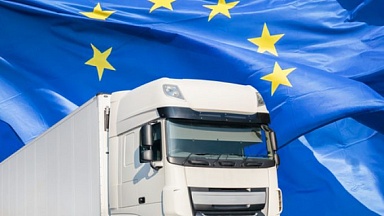The Commission identified that certain countries are used as intermediate stops for sanctioned cargo to reach Russia. This means that cargo, which is otherwise banned for Russia, goes through customs clearance in Europe, for instance, to be exported to another state. However, according to the Commission, certain instances show that as soon as goods arrive in this other state, they are being forwarded to Russia. This is a simple yet efficient trick to circumvent the sanctions.
Similar instances have been noticed the other way around, with Russian oil, for example, exported to third countries and then finding its way to Europe. To avoid something similar happening to the steel and iron supply, Brussels decided to tighten restrictions on importing these two metals. From now on, steel and iron importers must prove that the imported goods processed by a third country do not come from Russia.
Additionally, the Commission is concerned that circumvention dangers linger even for EU exports destined for third countries but transiting via Russia. That is why it aims to restrict the types of goods entering Russian soil—especially goods that could potentially be used in warfare.
No more Russian trailers on EU roads
Transport-specific measures were also adopted. Rail does not seem to be directly affected by them since they concern road and sea transport. One of the most important measures concerns the entry of trucks carrying Russian trailers and semi-trailers into Europe. Brussels decided to fully ban their transportation via road within the EU. The ban does not affect only Russian road freight operators but all operators that could carry Russian trailers or semi-trailers. This move could mean that these volumes will be moved on the rail.




